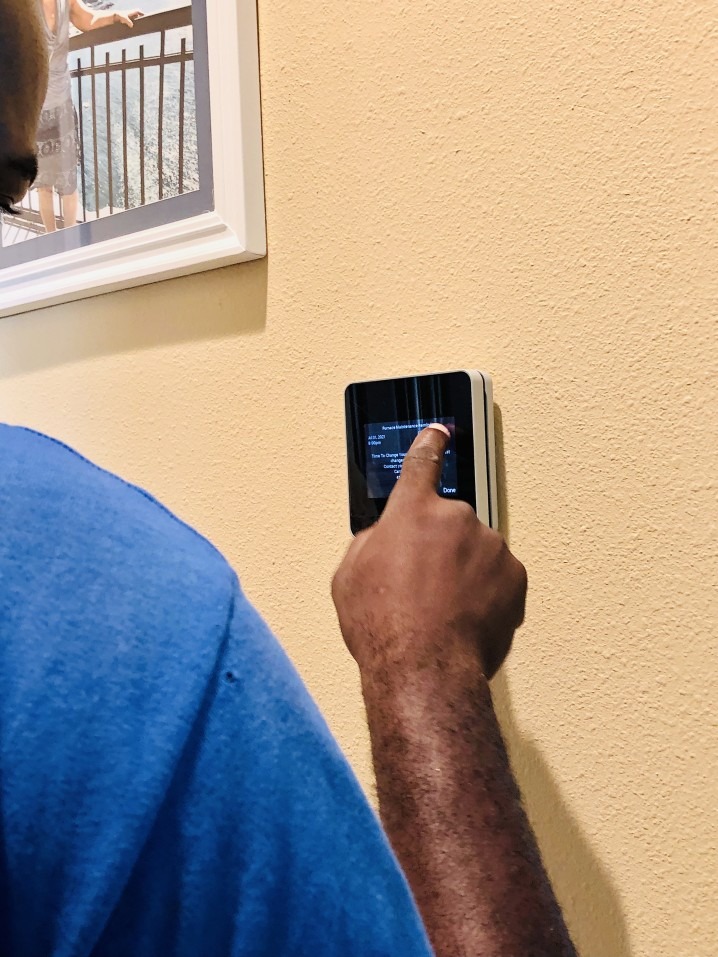If you own your home, then you have probably been told at some point that you need to know how to maintain your HVAC system. This is great advice! But what does it entail? Below we will discuss the basics of HVAC maintenance and how to do it yourself on a regular basis so that you don’t face costly repairs or replacements to your system. These simple steps can save you in the long run by preventing unexpected costs that may result from neglecting your system.
One of the most expensive repairs that you may need is not actually an HVAC repair. It’s a plumbing repair, which can be caused by too much moisture in the air or condensation building in your pipes. Fortunately, you can prevent costly plumbing and HVAC repairs with these monthly maintenance tips for your heating and cooling system.
Check and replace your air filter regularly. Dirty filters can cause HVAC and plumbing problems by increasing moisture in the system, which leads to mold growth or excess energy usage due to poor airflow. Most HVAC systems have a cleanable pre-filter that should be cleaned or replaced every three months when you change your main air filter. This will prevent dust and dirt from building up in your system and clogging your coils or ducts.
Maximize airflow by keeping your ducts and registers open and clear. Make sure your air vents are free of dust and dirt, and not blocked by furniture or drapes.
Clean your condenser coils. These can be easily cleaned with a garden hose and should be done at least twice a year. You can also use a coil cleaner to help remove any built-up dirt or grease.
Use a programmable thermostat. If you don’t have a programmable thermostat, then it’s time to get one. Being able to schedule your system in advance for times when it isn’t being used can greatly reduce the amount of energy that is used and save you money and energy. This is an easy way to lower your costs right now and ensure you don’t wear out your system before its time.
Check the burner flame. If your system is burning fuel, such as natural gas or propane, then you should check that the burner is operational and look for any signs of problems to avoid a potential safety hazard in your home. Items that may be blocking the airflow can also cause buildup on other components in your system which can lead to a number of different problems down the road.
Trim back vegetation around your system outdoors. Overgrown trees and bushes can block airflow to your system, leading to increased energy usage or even causing the system to overheat.
Check carbon monoxide detectors regularly. Carbon monoxide is an invisible, odorless gas that can be deadly if not detected. Make sure you have carbon monoxide detectors in your home and check them regularly to ensure they – and your entire HVAC system – are functioning properly.
As you can see, there are many easy ways to maintain your HVAC system on a regular basis. Doing so can help prevent costly repairs and replacements while maximizing your energy efficiency. Implement some or all of these tips to prevent the need for early repairs or replacement and to help keep your HVAC system running smoothly all year long.

